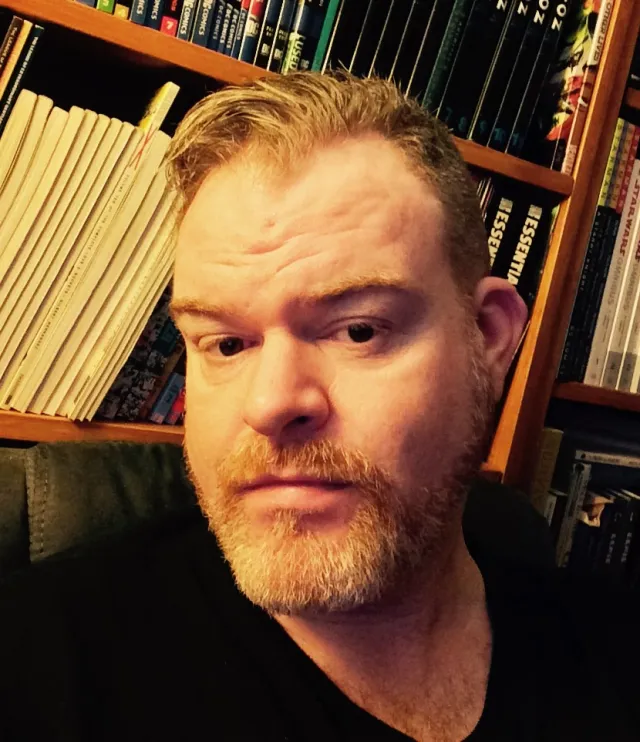
Big name stand-ups such as John Mulaney, Tiffany Haddish, Kevin Hart, and Jim Gaffigan, and others have been removed from streaming giant Spotify’s platform after a breakdown in royalty negotiations.

The dispute stems from attempts by performers to be paid copyright royalties for their material when played on digital streaming services such as Spotify. The negotiations, led by global rights administrator, Spoken Giants, are seeking to establish royalty payments for spoken-word media in a manner more similar to the way songwriters are paid for their material.
Under the current model of payment comedians and spoken word artists are paid as performers through their label or distributor or by a digital performance rights organization such as SoundExchange. Spoken Giants contends that they should also be paid as writers of their work as well.
Since the spring of this year, Spoken Giants has been reaching out to both streaming services and radio attempting to negotiate for the creative rights royalties but it appears that negotiations have broken down. On the day before Thanksgiving, Spoken Giants received an email stating that works by artists they represented would be removed unless some agreement (presumably to the advantage of Spotify) was reached.
On November 27th, Comic and storyteller Mike Bribiglia tweeted: “Random question: Does anyone know why some of the Comedy Central albums got taken off Spotify? 3 of mine are gone, some of Mulaney’s, one of Attell’s, but then some are still there— like Hedberg. Anyone know about any rights things happening behind the scenes with comedy albums?”
Spoken Giants CEO maintains that they are not asking anything above what their clients are owed. “We started negotiations with Spotify and many other platforms,” King said “to go to them and say, ‘This is something that hasn’t been done before, but is owed to the copyright owners.’ You even say it — your stockholder filings say, ‘We owe on spoken word,’ but nobody has been there to collect those royalties.”
The removal of artists from their platform is an aggressive move from Spotify, which will no doubt affect the performers’ earnings. “Spotify does provide entertainers with exposure and access to large audiences. So having their work taken down is harmful to each individual creator,” said King.

In a letter to stand-up comedy news site The Laugh Button, Spotify responds, “Spotify has paid significant amounts of money for the content in question, and would love to continue to do so. However, given that Spoken Giants is disputing what rights various licensors have, it’s imperative that the labels that distribute this content, Spotify and Spoken Giants come together to resolve this issue to ensure this content remains available to fans around the globe.”







